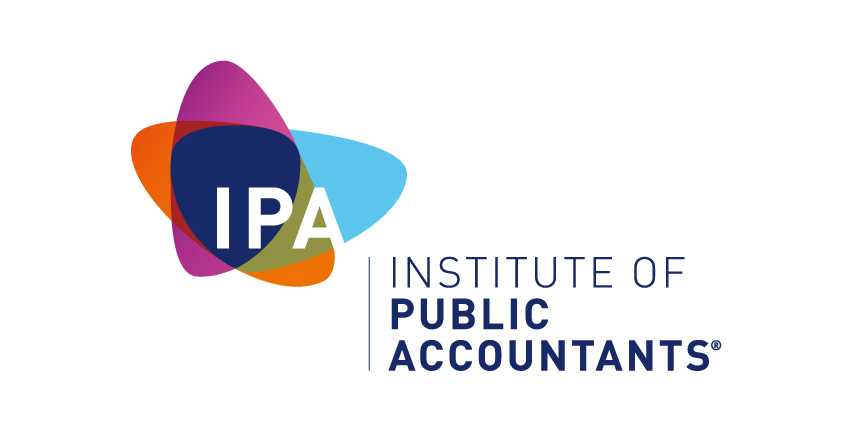IPA: EXPAND EDUCATION DEDUCTION BUT WITH RIGHT INTEGRITY MEASURES
18 January 2021
In its submission to the Treasury Discussion Paper (December 2020): ‘Education and training expense deductions for individuals’, the Institute of Public Accountants (IPA) has given whole-hearted support for the proposal.
“The IPA is very supportive of any initiatives that encourage individuals to upgrade their human capital skills over their working life and the proposal in the Discussion Paper fits well with these ideals” said IPA chief executive officer, Andrew Conway.
“Human capital is the fundamental driver of productivity. There are strong linkages between education and entrepreneurial activity, particularly for the small business sector and the wider economy.
“The economy has been savaged by the financial impacts of COVID and we are supportive of initiatives that are aimed at improving our productive capacity. However, along with COVID, our labour supply market is facing the issues of an aging workforce, the loss of skilled migration and many business closures due to the pandemic. All of which require the need for individuals to reskill to meet new opportunities.
“Many individuals will have multiple careers over their lifetime which indicates a strong need for continued upgrading of skills.
“Our current tax settings do not support or encourage the retraining and reskilling once an individual has commenced earning an income in their chosen field. The requirement for a tax deduction is limited to expenses in gaining or producing assessable income to an individual’s current employment activities.
“The proposed measure in the Discussion Paper will add to the current support for higher education while addressing a void in the existing arrangements for individuals who are currently earning an income and may be unable to access any of the existing support initiatives. It also assists individuals who work for smaller entities that do not provide employer support for retraining or reskilling.
“The cost to revenue of implementing this measure will be more than offset by the additional productive capacity added to the economy through a more skilled and flexible workforce.
“We appreciate that tax concessions cost money and therefore we propose, that if this initiative is implemented, that the risk be shared with the individual who proposes to take advantage of the concession.
“Quarantining half the upfront deduction until the individual earns income from an activity associated with the retraining is an appropriate model to ensure that taxpayers do not wear the entire cost of education outlay in cases where the retraining does not result in the furtherance of a new activity. In areas of skill shortages (to be defined), we are not opposed to the concept of full deductibility. Both these measures will ensure the new initiative achieves its policy intention through better targeting of the concession.
“We urge the Government to move on this proposal as quickly as possible, considering our labour market shortages and the loss of genuine productivity so greatly needed to lift the economy,” said Mr Conway.
